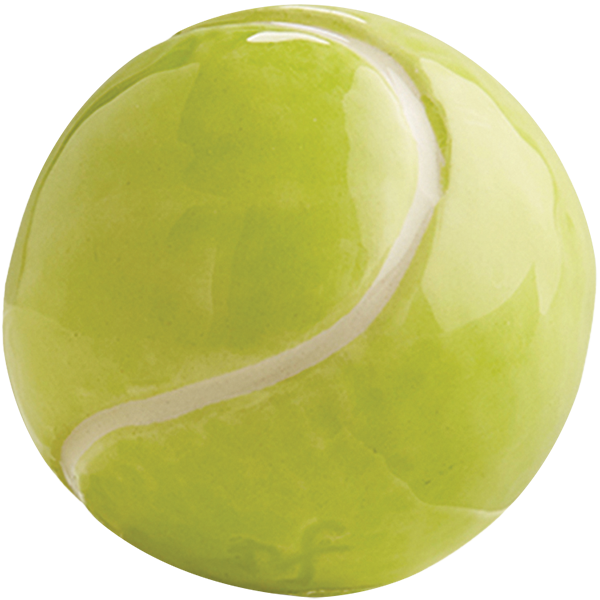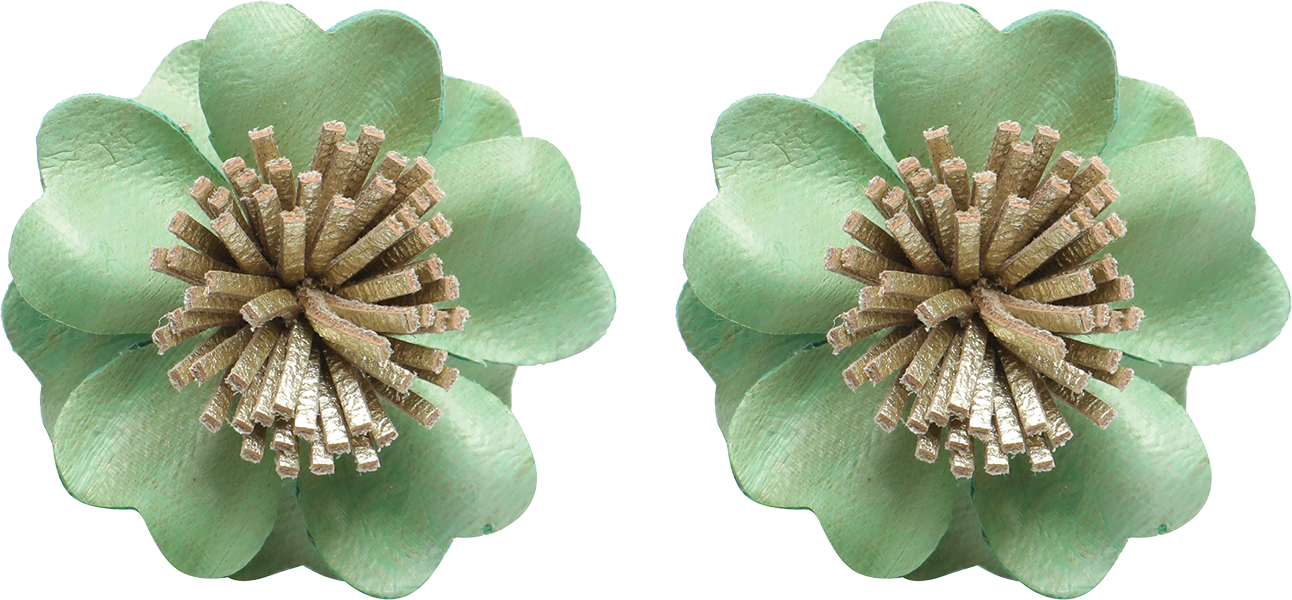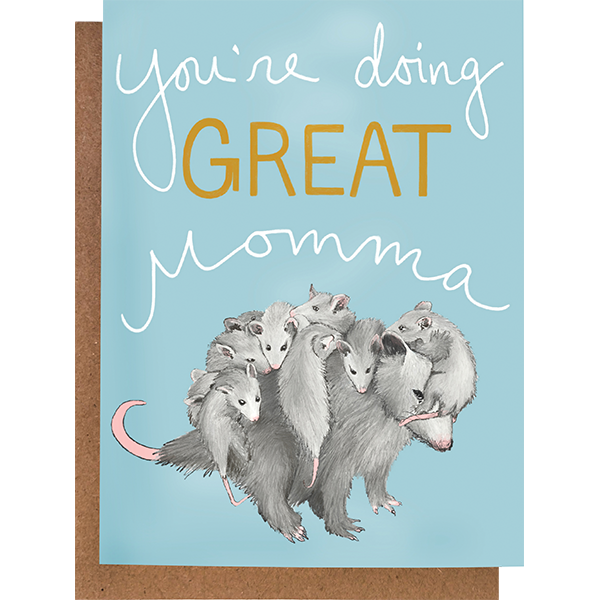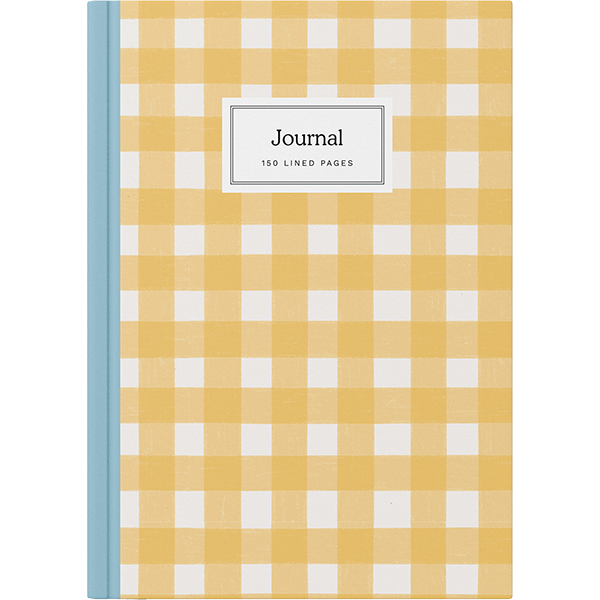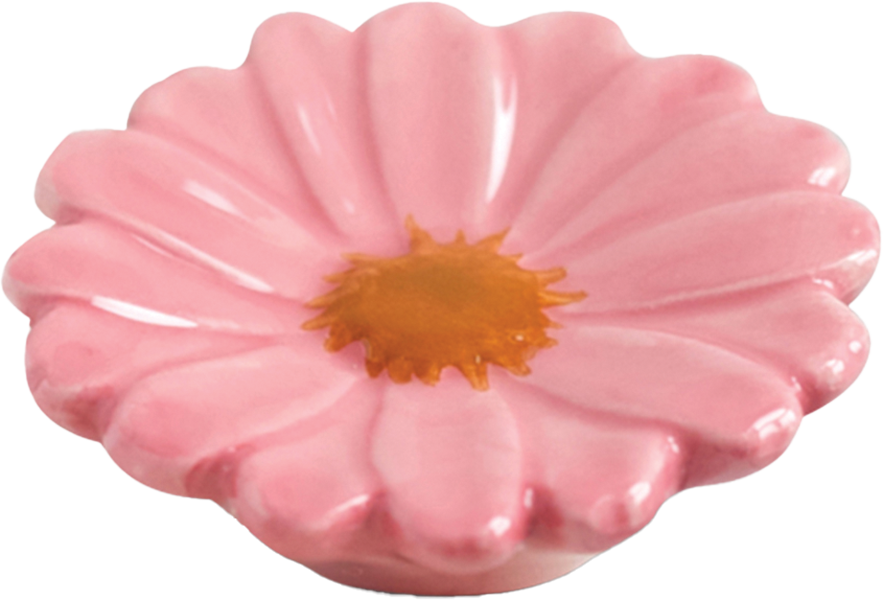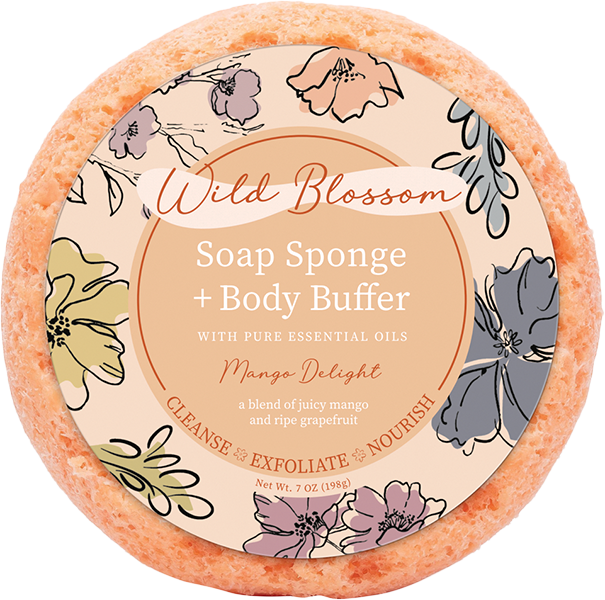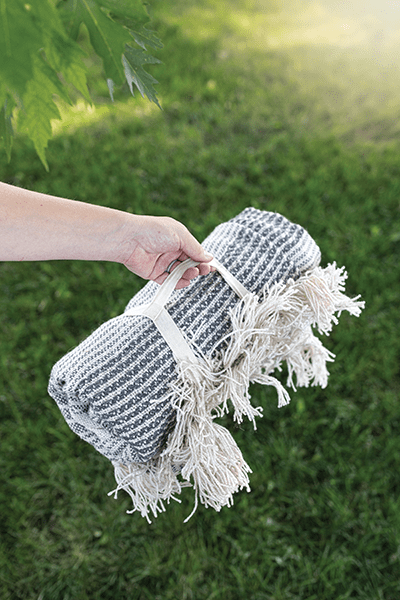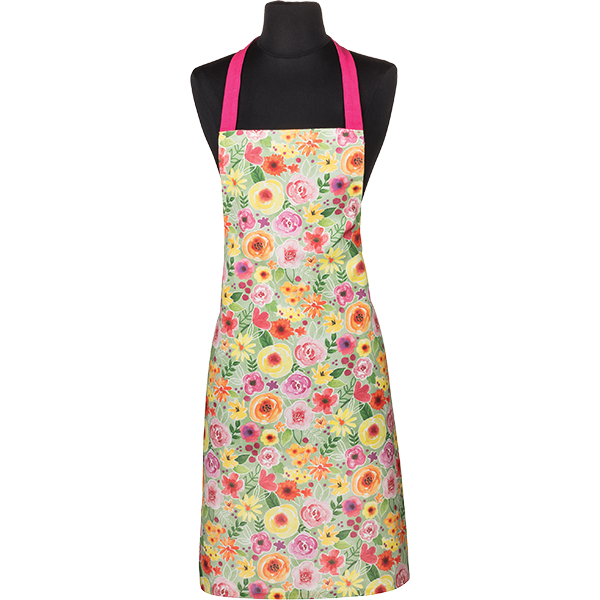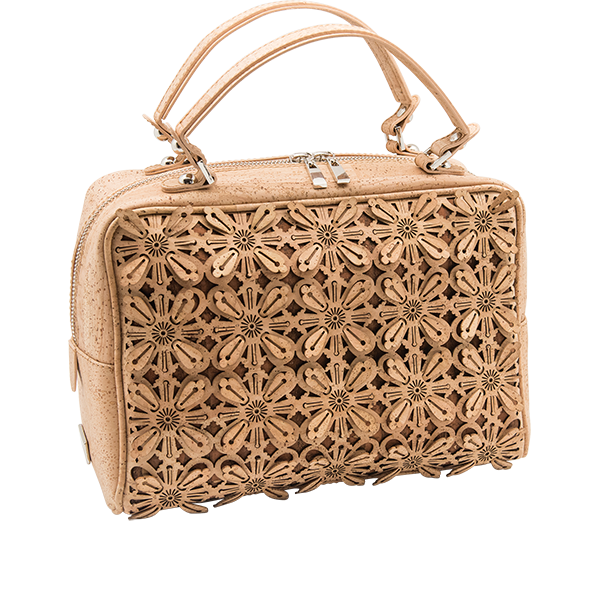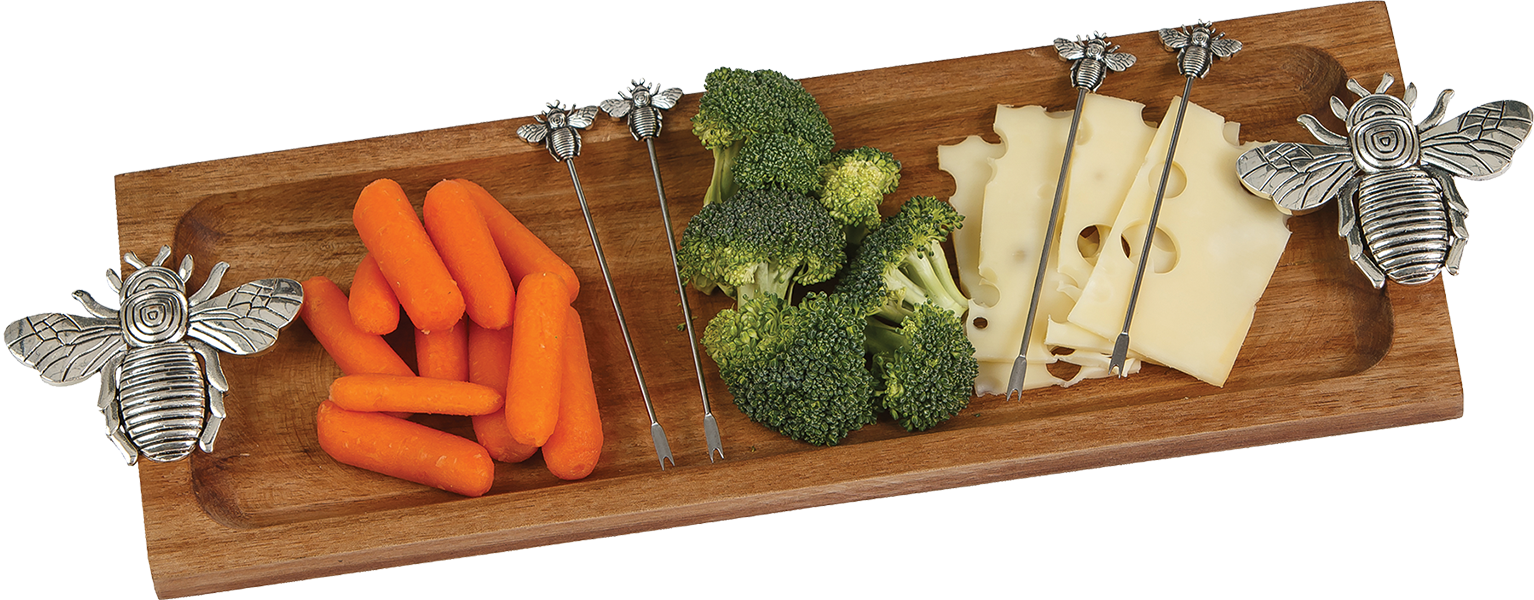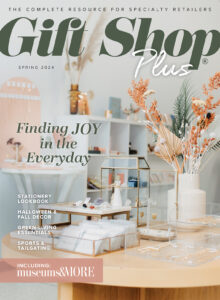Artist Spotlight: Wendy Cleveland
Sustainable, washable bags with fair trade artisan detail
What would inspire an attorney and licensed customs broker to leave her job and pursue a patent for a new handbag design and to begin working with marginalized artisans around the world?
For Wendy Cleveland, creator of pora Bags, the answer is much like the sustainable bags themselves: two-fold and filled with color.
‘Pora’ means ‘It’s time’ in Ukrainian, and we chose this name to honor our two children adopted from Ukraine and to underscore the sustainability/fair trade elements of our business,” Cleveland said. “Traveling to Ukraine in 2002 was huge. We saw (and bought) some of the most exquisite embroidered pieces in the Ukrainian markets. I knew that I wanted to do something to make a difference in Ukraine, but was never quite sure what.”
It turned out that “something” was creating a patent-pending handbag featuring interchangeable, machine-washable (greensleeves) exteriors over a lightweight semi-rigid plastic handbag interior.
“When I left my job in 2012, I knew I wanted to make a difference both with the sustainable design of our bag and also by plugging fair trade work into the design,” Cleveland continued. “I knew something about manufacturing, but very little about the fashion accessories/sewn products markets, so the past year has been a huge learning experience for me.”
With the Band
Cleveland developed her trademarked greensleeves concept after searching for years for a beautiful, polished, work-appropriate bag that was also washable. After finding that this did not exist in marketplace, she designed their original bag and refined the concept through a series of prototypes.
The functionality of the bag enables customers to machine-wash or replace a handbag exterior instead of tossing a dirty or tired bag in a landfill. Available in six colors, each reverses to black for double the number of looks and features interchangeable, reversible decorative bands crafted by artisans in developing countries around the world. The bands use a simple design that empowers marginalized artisans to independently design and create handwork that ties in easily to their bags.
“We’re currently working with artisans in Cambodia, China, Guatemala, Mongolia, Palestine and Ukraine with new partnerships developing in India and Africa,” Cleveland said. “We believe this first-of-its-kind collaboration between artisans and traditional manufacturing opens the door to enormous opportunity for mainstreaming and accelerating fair trade.”
Cleveland said sometimes bags that are entirely fair trade artisan-made have a more rustic/home-sewn appearance that makes them difficult to market at a price point appropriate to the embroidery or other handwork on them, so their base pora bag is manufactured in a traditional handbag manufacturing facility in China. This professional manufacturing helps ensure they control costs and offer a product with a higher end finished handbag look.
“Next, through our Band Buy program, we work with fair trade and other marginalized artisans around the world who supply handmade decorative bands that plug in to the outside of our bags,” she said. “We select potential embroidery/handwork that artisans are already creating, provide them with our band spec, approve samples, then receive finished bands from them when complete.
“These artisans are the ones who really make the magic,” Cleveland continued. “I only identify ways to showcase their work and put the pieces together here in the U.S.”
Creating Art and Awareness
Although they’re a brand-new company that just launched its online store last year, Cleveland said with confidence that her company is different from the other handbags because of several unique features.
The patent-pending greensleeves design offers women the ability to remove and machine wash their handbag exteriors; the bags are 100 percent vegan, and their commitment to animal welfare has been recognized by PETA and added to their Ethical Shopping Guide; and as far as they’re aware, they’re the first handbag company to create a traditionally manufactured product with pluggable fair trade elements built in from the design phase.
They currently offer six bag colors: cream, brown, orange, plum, green and silver. Two of the brightest fabrics, green and plum, have been the most popular.
“This was a bit of a surprise because we expected more neutral colors like cream and brown to sell best,” Cleveland said. “Our most popular band styles have been brightly-colored traditional cross-stitch patterns from Palestine and China. The colors used by the artisans are so bright and vibrant — they really pop against the bags.
“Green and plum are also two of our nylon shantung fabrics that look a bit like raw silk,” she continued. “We think customers enjoy the extra bit of elegance from the raw silk look, while still being able to wash the bag cover.”
Cleveland said they’re definitely profit-focused. The mantra often used is, “Trade, Not Aid,” which acknowledges that creating businesses in the developing world is the model that will build real and enduring paths out of poverty. In order for the company and artisan partners to be successful, the brand must be commercially viable and appeal to customers.
“We insist on paying our artisans a fair wage, so we actually do not make a profit on our bands at wholesale,” Cleveland said. “Our profit on the bands comes when we sell directly through our online store.”
Managing relationships with artisans remotely can be difficult, and the biggest challenge has been ensuring from a distance that the artisan bands are a perfect fit for their bags. In the end they’ve sometimes received product that has to be fixed or otherwise modified in the U.S., but they consider this part of the normal product development cycle that impacts any new business.
“Our goal is to expand our Band Buy program to all corners of the world where marginalized artisans exist,” Cleveland said. “We would love, for instance, to have more of a presence in Africa. We also want to find ways to better connect with individual artisans in more remote areas who don’t have immediate access to the Internet and other communication tools.”
Cleveland added that she’s thankful to her husband, a CPA, who continues to hold down a “real” job to support their family and manages the financial side of the business, to her sons, Roman and Yuri, who put up with her working on the business 24/7 and to her extended family who have been so helpful and supportive in meeting some of their first milestones.
“The best I can advice I can offer so far is to look for the talented folks who already surround you,” Cleveland said. “And don’t be afraid to ask for help.”
Because of that help, Cleveland hopes to be able to use her new bag design to showcase the work of embroidery artisans and to help ensure that they earn a fair wage for their beautiful work.
“I also love that I can honor (and hopefully bring new life to) an ancient art form from my children’s birthplace,” Cleveland said. “When we’re able to generate enough work to create more jobs and economic security for artisans in Ukraine and other developing countries, we will begin achieving our true goals for the brand.”
By Abby Heugel
Managing Editor
“













